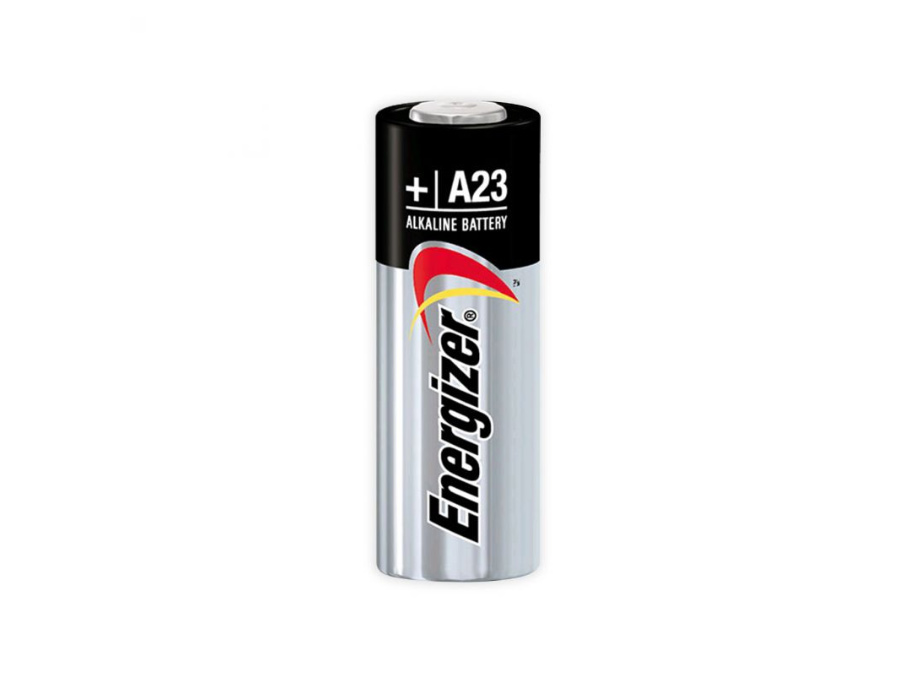

#Used battery for sale how to

These electronics can be recycled through the E-Cycle Wisconsin program. Wisconsin has banned many types of consumer electronics from landfill or incinerator disposal. While households are not required to recycle batteries, putting non-alkaline batteries in the trash or curbside recycling carts/bins can pose a risk to garbage collectors, recycling facilities, solid waste transfer stations and landfills because of the potential for the batteries to catch on fire, especially if damaged by equipment. Wisconsin has no legal requirements for the disposal of household-generated dry-cell batteries or for household-generated hazardous wastes. Safe management of used batteries from households For that reason, it is important to handle used batteries properly. Many batteries, particularly rechargeable lithium-ion batteries used in many electronics, present a significant risk of fire if they are mishandled or damaged. If these batteries are burned or landfilled, the heavy metals in them can be released into the environment. The materials in many types of dry cell batteries – including mercury, lithium, cadmium, lead and acids – have the potential to be hazardous wastes. Environmental and safety impacts of dry cell batteries When rechargeable batteries come to the end of their lifespan, they can be recycled.Īlkaline batteries may be put in the trash, but some battery retailers or other recycling locations may accept alkalines for a fee. You can reduce waste by buying rechargeable batteries when possible. They include AAA, AA, C, D, 9V, button, coin and other sizes, and may also be incorporated in products (such as cellphones and laptops). They include alkaline, alkaline rechargeable, lithium, lithium-ion, metal hydride, mercuric oxide, nickel-cadmium, silver oxide and zinc-air batteries. They come in a variety of sizes and shapes and include both rechargeable and non-rechargeable battery types.
#Used battery for sale portable
It can be dangerous to use incompatible chargers.Dry cell batteries are batteries used in many products – including portable electronics, power tools, watches, calculators, hand-held vacuum cleaners, lawn care equipment, flashlights, toys and hearing aids. Compatibility: Make sure that the battery you are considering is compatible with your device and the charger.They may even offer a warranty on the product, although these are usually fairly limited in what they cover and how long it lasts. A reputable retailer will check the batteries for safety and capacity before they sell the battery. Buy from a reputable source: Check the credentials of the seller.Examine the battery and look for certifications and ratings from reputable organizations such as UL, FCC, and CE. Certification: An uncertified battery should be avoided in any circumstances, but this is even more relevant when choosing a second-hand battery.A battery exposed to extreme temperatures or abusive usage may be degraded or damaged. Additionally, the storage conditions are important. Ask about factors like the number of charge and discharge cycles. History: Try and find out about the battery's usage history.This will confirm how much charge the battery can hold. Test the capacity: The easiest way to do this is with a Battery Capacity Tester.Visual inspection: Remember the gasoline analogy? The battery must be in good physical condition to store that energy safely.There are some steps you can take to make sure that the second-hand battery you buy is primarily safe and has some useful performance left.


 0 kommentar(er)
0 kommentar(er)
